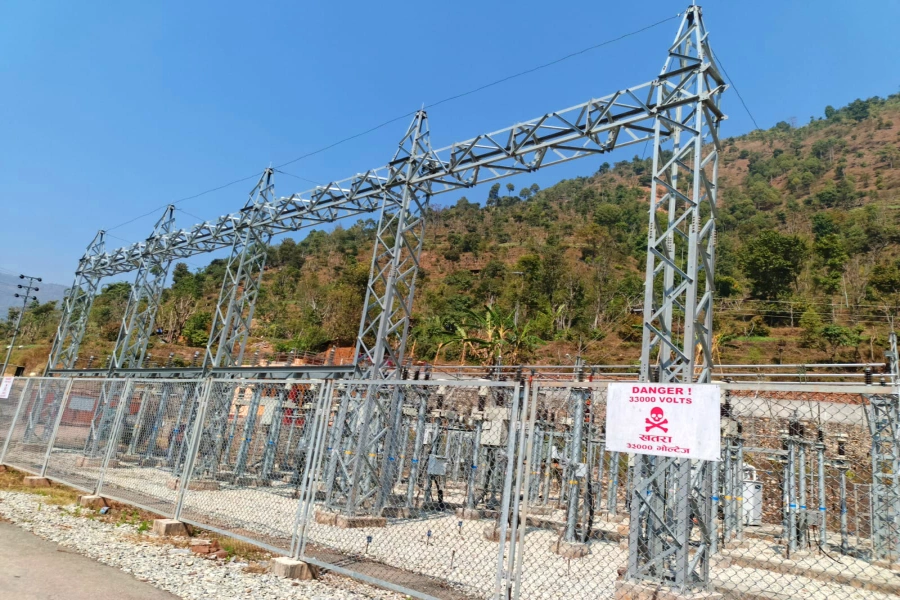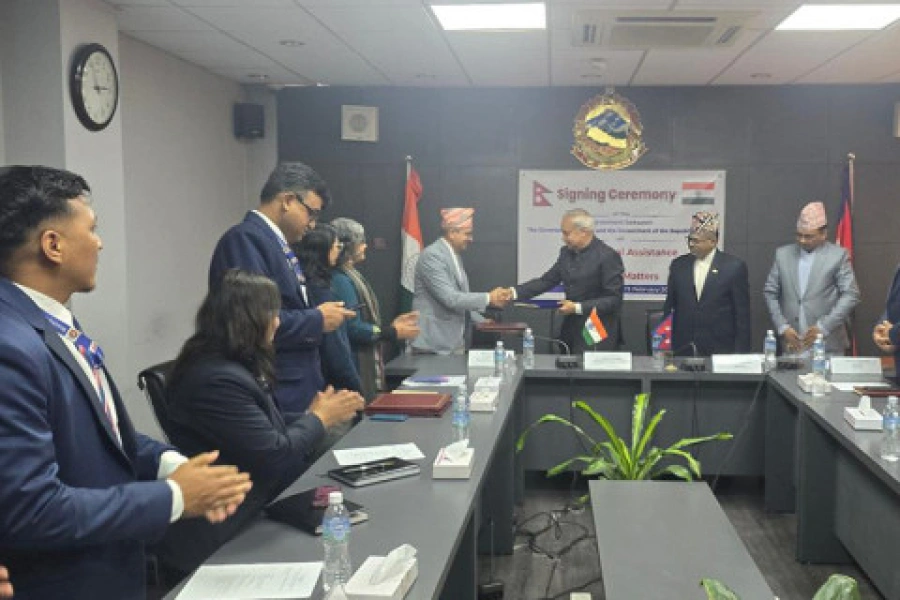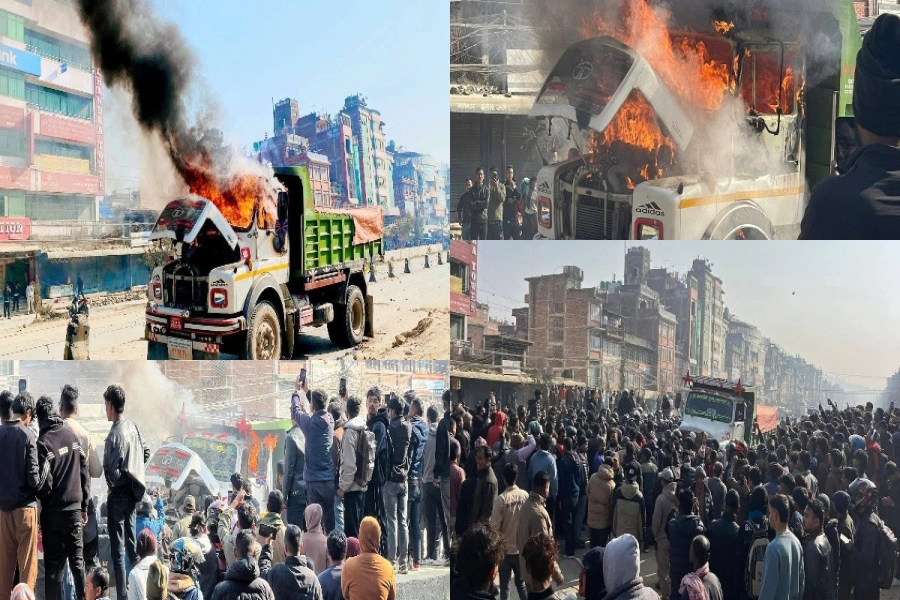PM Dahal’s India visit
Prime Minister Pushpa Kamal Dahal has repeatedly clarified that during his four-day visit to India starting September 15th there will be no new agreements and that his focus will be reviewing and implementing old agreements. Dahal is likely to ask for India’s help with post-quake reconstruction, for completion of the big hydro projects that India has started in Nepal and for progress on the postal highway. He says his visit will also help with ‘normalization’ of relations with India, which had hit the lowest ebb following last year’s border blockade. Prime Minister Dahal started on the right foot when he dispatched special envoys to India and China simultaneously, thereby giving a message that Nepal values its bilateral relations with both its neighbors. This was also reflected in his choice of ambassadors to India (Deep Kumar Upadhayay) and China (Lila Mani Paudyal), both competent hands. It thus appeared that Nepal’s relations with both India and China were back on an even keel. But as Prime Minister Dahal prepares to leave for India, many doubts are being raised about his ability to judiciously balance the role of India and China in Nepal.
The clearest indicator that something is amiss came when the visit of Chinese President Xi Jinping, planned for sometime in October, was recently cancelled, reportedly due to ‘lack of preparations’ on Nepal’s part. The Chinese appear unhappy at lack of progress on the bilateral agreements signed between the two countries during the China visit of then-Prime Minister KP Oli back in March. Of all the agreements with China, the most significant one for Nepal concerned a transit treaty which would allow Nepal to conduct third-country trade through Chinese territories, thereby breaking India’s monopoly. It had become crucial to open an alternate route through China after last year’s border blockade.
The Chinese were also interested in extending their railways up to the border point of Keyrung, with the ultimate goal of developing Nepal as a rail-link between India and China.
But the cancellation of President Xi’s planned Nepal visit has created doubts that these agreements will be implemented anytime soon. Moreover, it appears that Prime Minister Dahal is not in a mood to raise the issue of trilateral cooperation between Nepal, India and China during his upcoming India visit, lest it displeases his hosts.
But he should. It is in Nepal’s interest to harness the benefits of the swift economic rises of India and China for its own growth and development. Also, given its precarious strategic location, Nepal cannot afford bad relations with any of its big neighbors. The moment relation with one neighbor sours, the other neighbor will try to pull Nepal into its sphere, thereby destabilizing the delicate balance of power. This is why, during his visit to New Delhi, Dahal should try to take the Indian leadership into confidence that Nepal is not in any way trying to ‘minimize’ New Delhi’s role as it seeks closer ties with Beijing. India, given the breadth of its relations with Nepal, will always have an edge over China. So it need not be so insecure about Nepal’s desire to engage with other countries, including China, for the benefit of its people. This will call for deft diplomacy on the prime minister’s part. The task will be easier if indeed there is some ‘chemistry’ between Dahal and his Indian counterpart. Even if there is no such chemistry, Dahal must not hesitate to act on Nepal’s interest. The country will be closely watching the Maoist prime minister during his four days in India.
Revised interest rate corridor system introduced







































